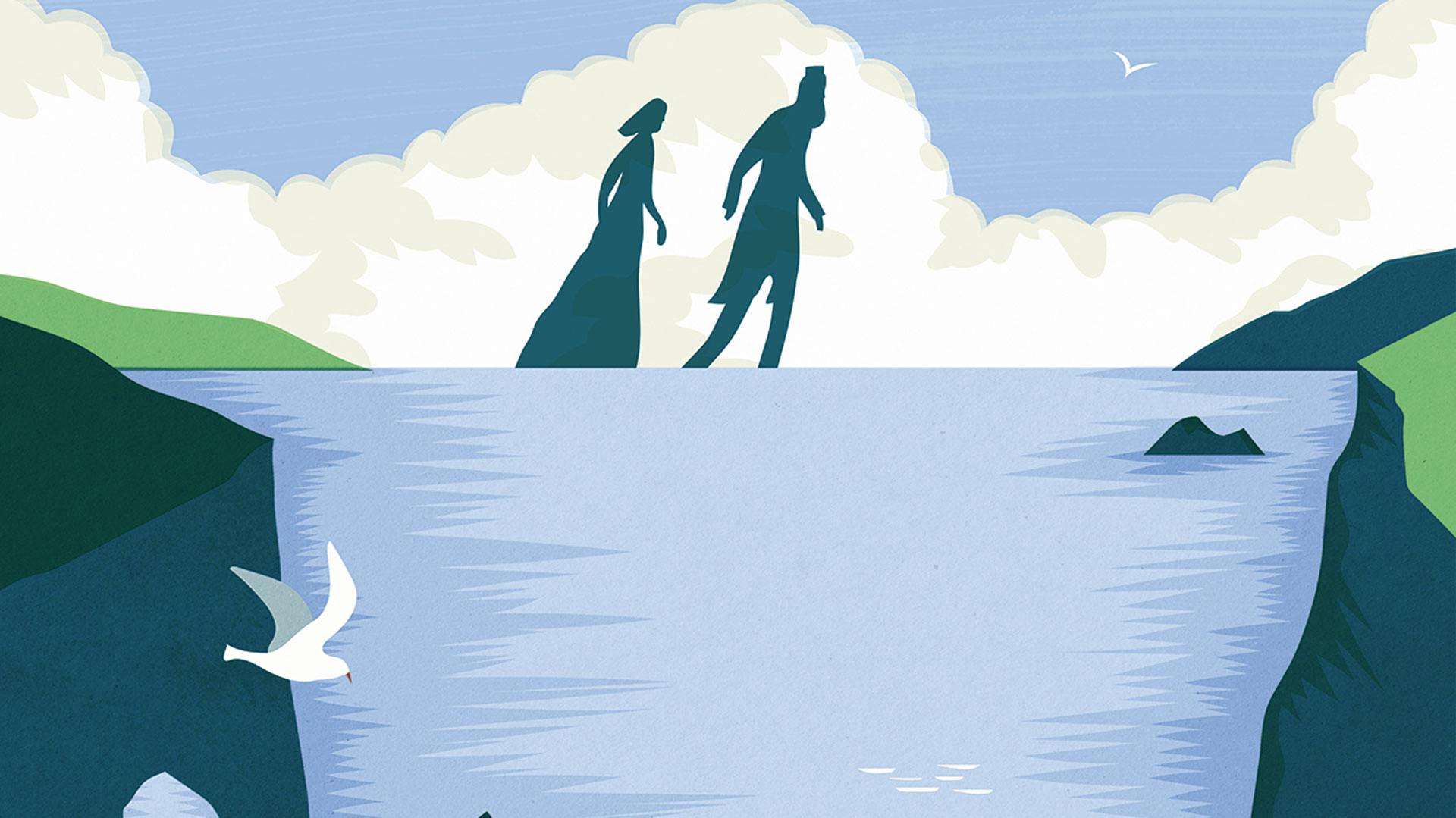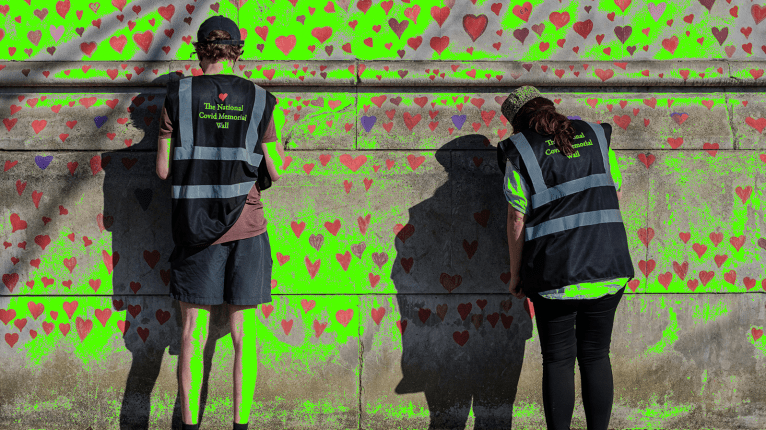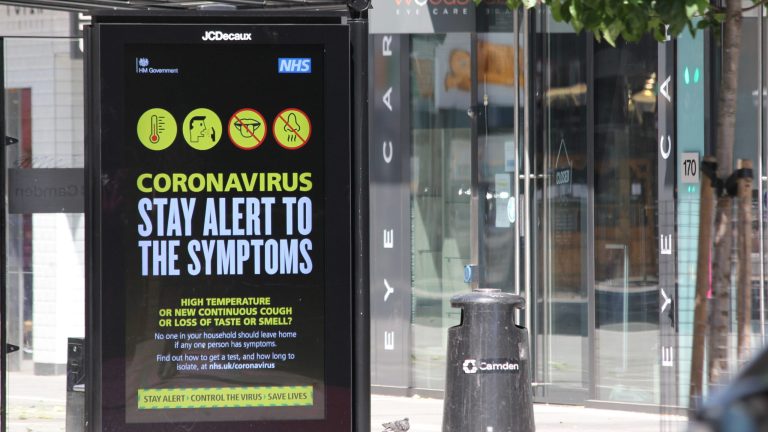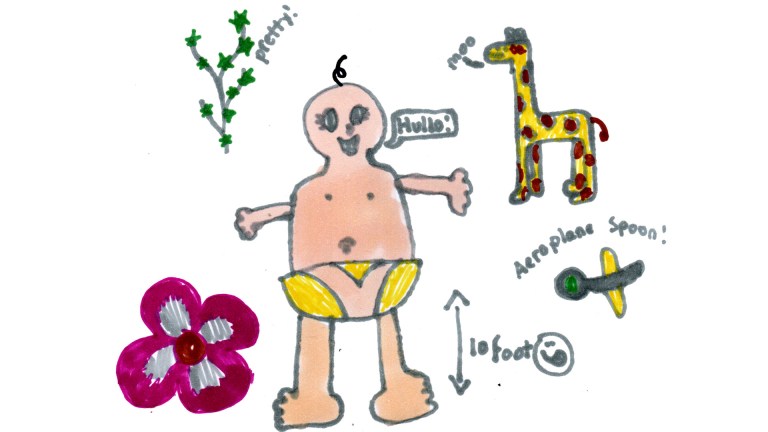The Reverend William Borlase found much of wonder and curiosity in his travels around south-west England in the mid-18th century, including the rapid rises and falls of the ocean within the space of two hours along the south coast of Cornwall on November 1, 1755. The third and fourth ‘refluxes’, he wrote, were as rapid as those of “a mill-stream descending to an undershot wheel”: a long-distance echo of the tsunami produced by the massive earthquake that destroyed the city of Lisbon 1,300 kilometres away the same morning.
Like many naturalists of the time, Borlase was especially intrigued by stories of submerged lands to which such experiences lent credence. The story about Lyonesse was one he knew intimately. A land of “woods, and meadows, and arable lands, and a hundred and forty parish churches” said – in the account by Florence of Worcester, a monk who died in 1118 – to have existed once between Cornwall and the Scilly Isles. And consider that Welsh hero, Brân the Blessed who is said to have walked across the sea from Wales to Ireland to rescue his sister from an abusive husband.
Surely, they cannot be true. Think again. We know that during the coldest times of the last great ice age, around 20,000 years ago, the ocean surface was 120 metres lower than today; there were land connections between Wales and Ireland across which millions of animals (including humans) routinely crossed unaware they were doing anything especially memorable.
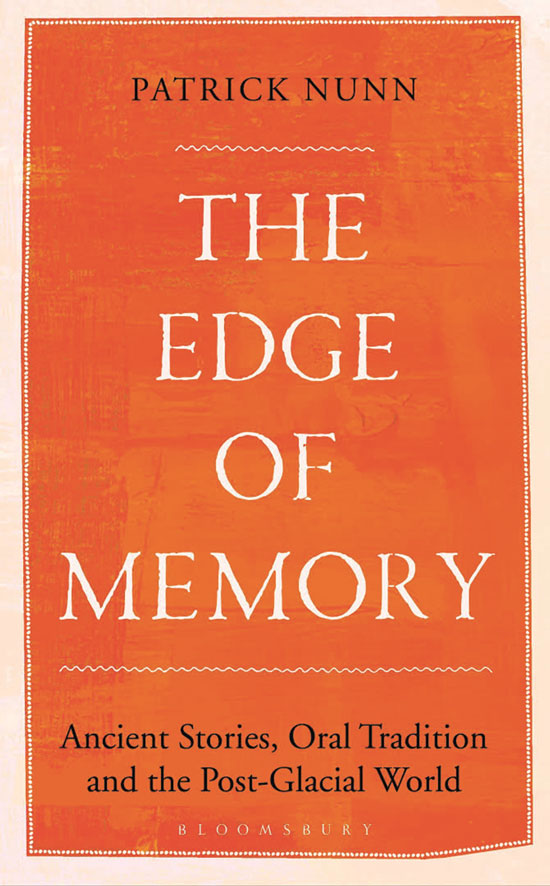
Most of our ancestors, going back 100,000 years or so when an embryonic need for complex communication may have begun to emerge, exchanged information through spoken words not in writing. While much has undoubtedly been forever lost, some fragments may remain in ancient stories like those about Lyonesse and Brân the Blessed.
If the story about Brân walking across the Irish Sea is based on a real event, then this needs to be at least 9,600 years old – probably the last time a meandering land bridge between Wales and Ireland was still passable on foot.
Memories of times long past that have not yet slipped into the abyss
There are many more examples of such ancient stories. Last year, staying in a remote community in Fiji, I listened as an old man regaled the company with stories his grandfather had told him, about the places where his tribe once lived, the battles they fought, and even – thousands of years earlier – how his ancestors had been guided by their benevolent spirit protector to these verdant islands. His grandfather had made him promise to tell these same stories to his grandchildren but the old man bemoaned they – with their iPhones and the connectivity these provided to a wider world – were not especially interested. Shaking his head, he speculated that this situation might mean the end of this tradition and the associated loss of identity that goes with it.
